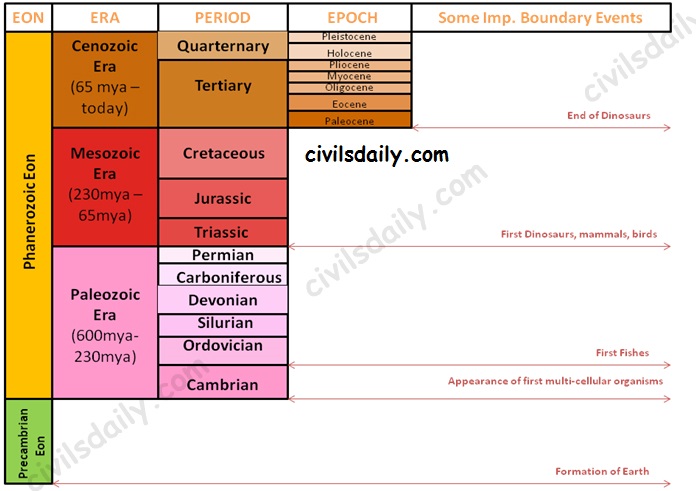Note4Students
From UPSC perspective, the following things are important :
Prelims level: Hybodont Shark
Mains level: Not Much

In a rare discovery, teeth of new species of Hybodont shark of Jurassic age have been reported for the first time from Jaisalmer by a team of officers from the Geological Survey of India (GSI).
Hybodont Shark
- Hybodonts, an extinct group of sharks, was a dominant group of fishes in both marine and fluvial environments during the Triassic and early Jurassic time.
- However, hybodont sharks started to decline in marine environments from the Middle Jurassic onwards until they formed a relatively minor component of open-marine shark assemblages.
- They finally became extinct at the end of the Cretaceous time 65 million years ago.
Significance of the fossil

- The newly discovered crushing teeth from Jaisalmer represents a new species named by the research team as Strophodusjaisalmerensis.
- These sharks have been reported for the first time from the Jurassic rocks (approximately, between 160 and 168 million years old) of the Jaisalmer region of Rajasthan.
- The genus Strophodus has been identified for the first time from the Indian subcontinent and is only the third such record from Asia, the other two being from Japan and Thailand.
- It opens a new window for further research in the domain of vertebrate fossils.
UPSC 2022 countdown has begun! Get your personal guidance plan now! (Click here)
Back2Basics: Geological time-scale

Get an IAS/IPS ranker as your 1: 1 personal mentor for UPSC 2024
